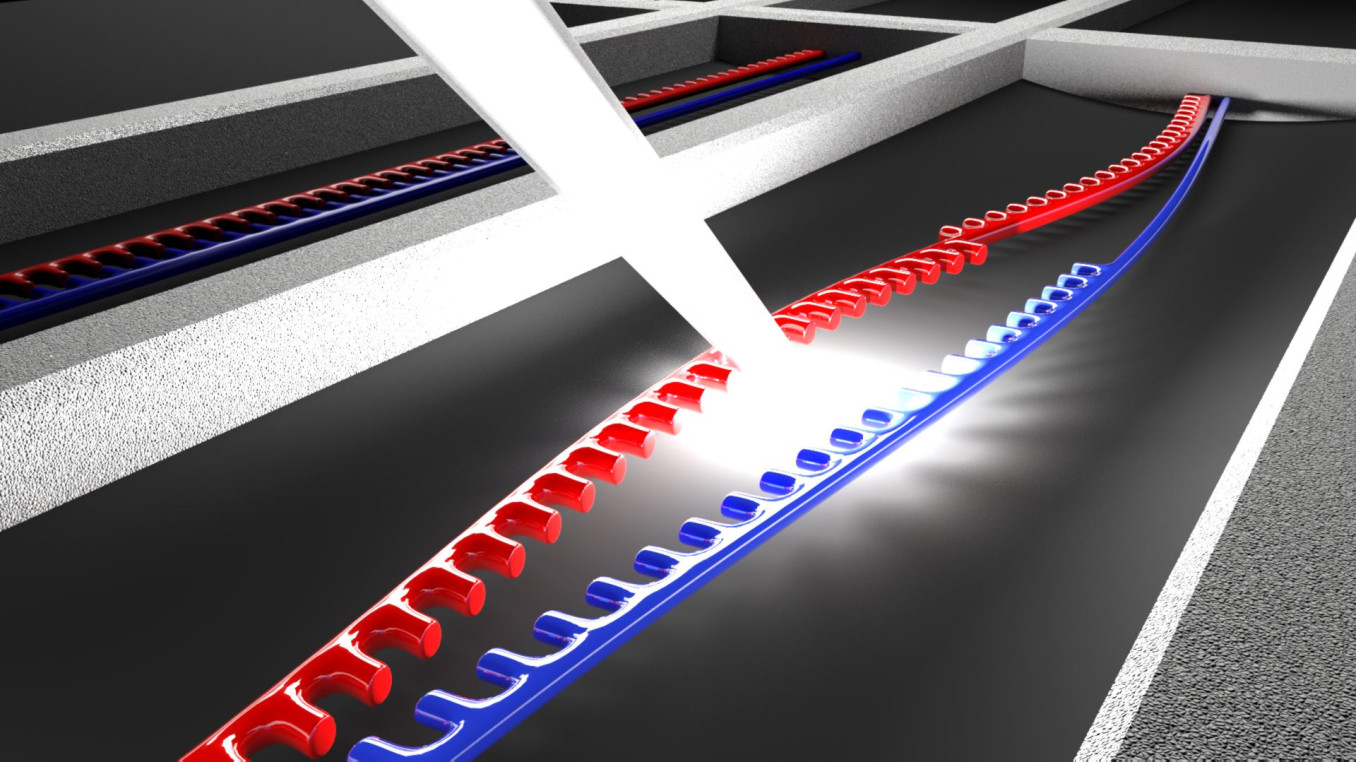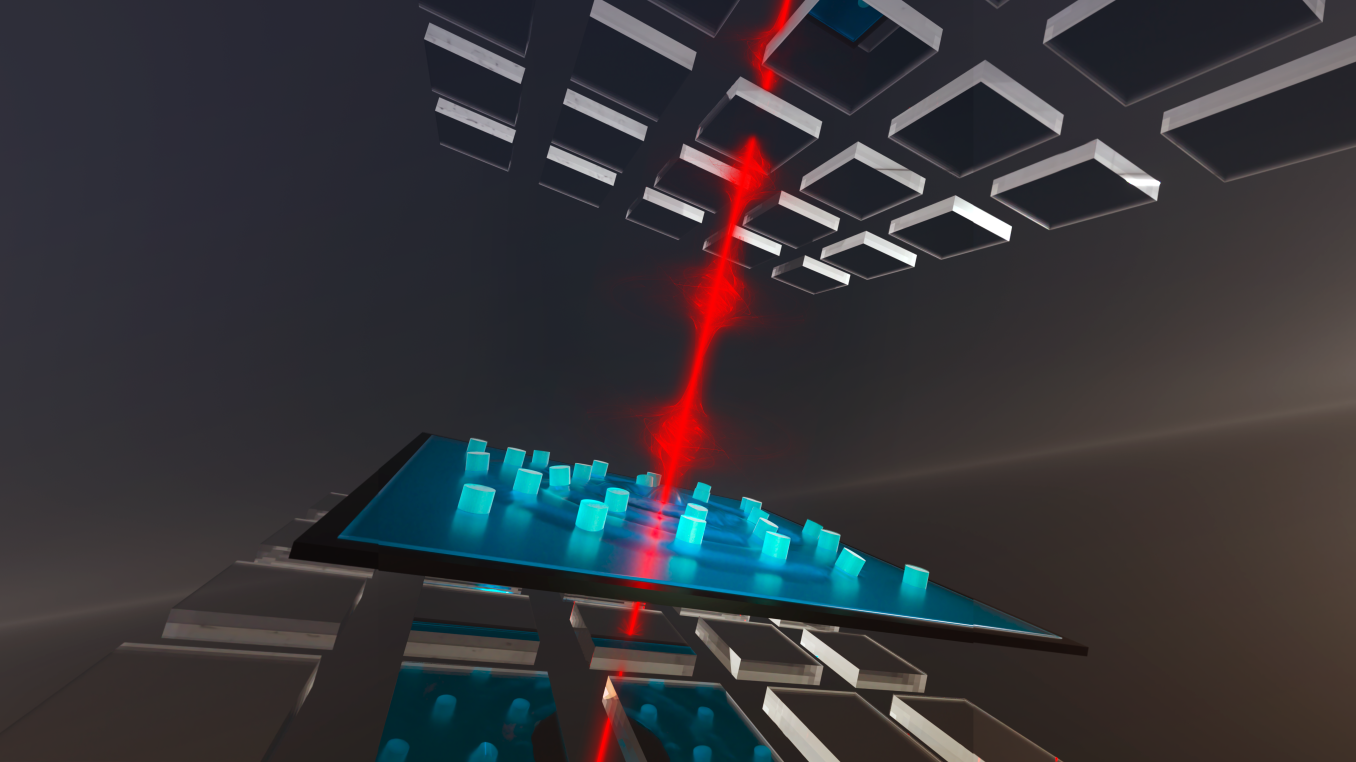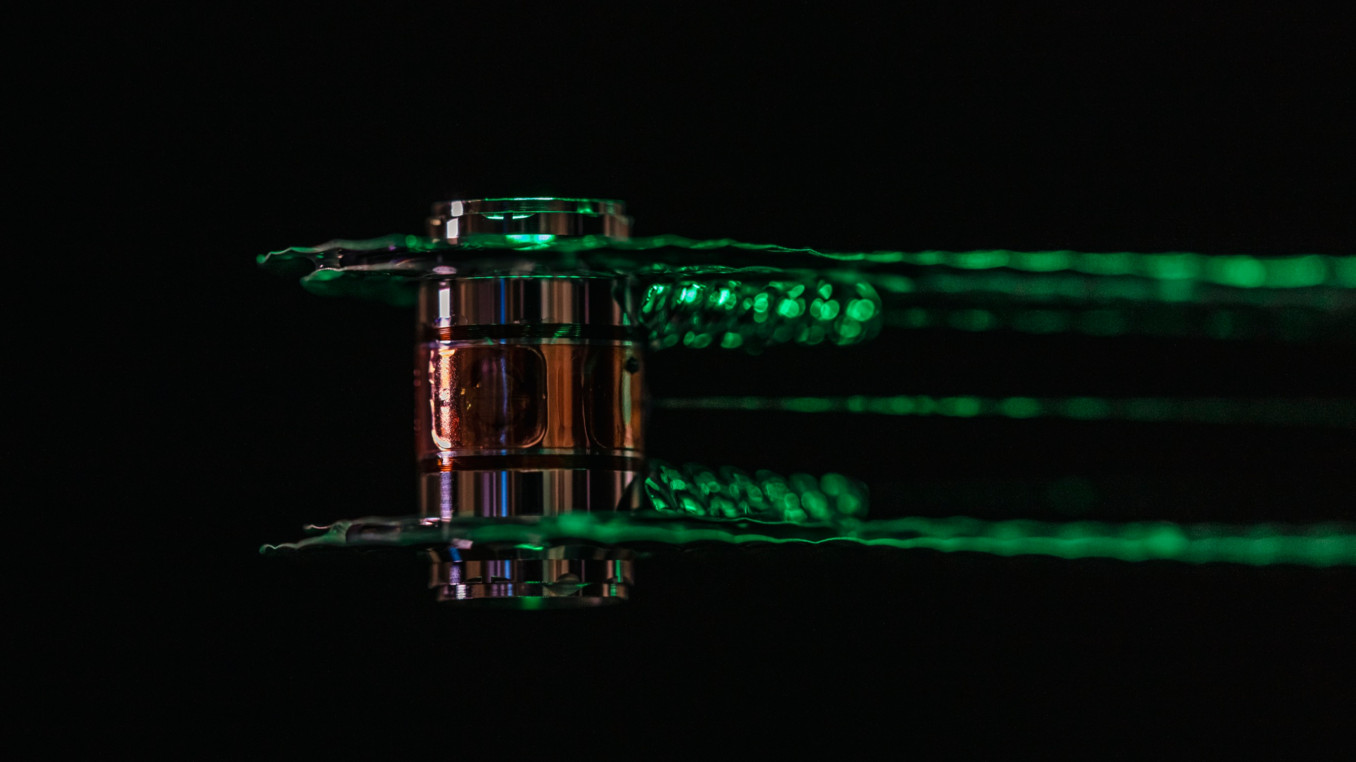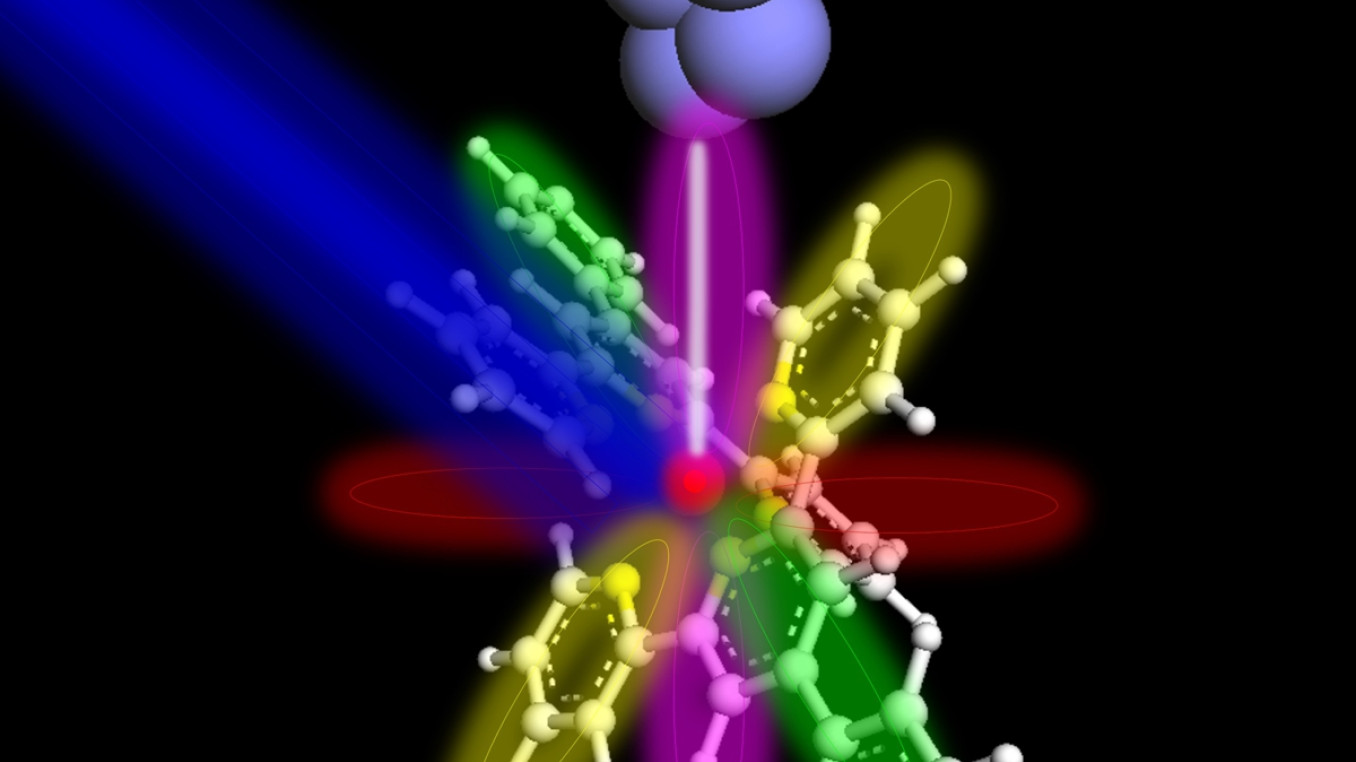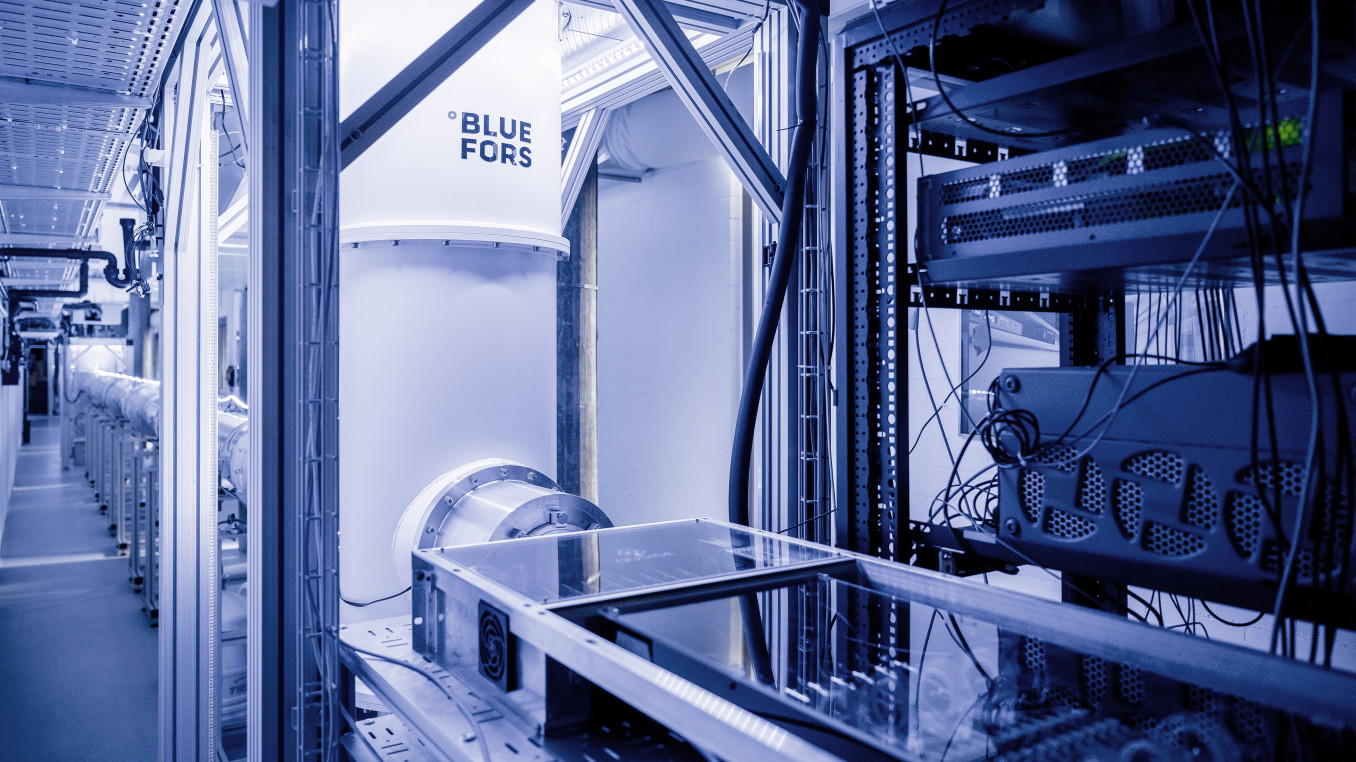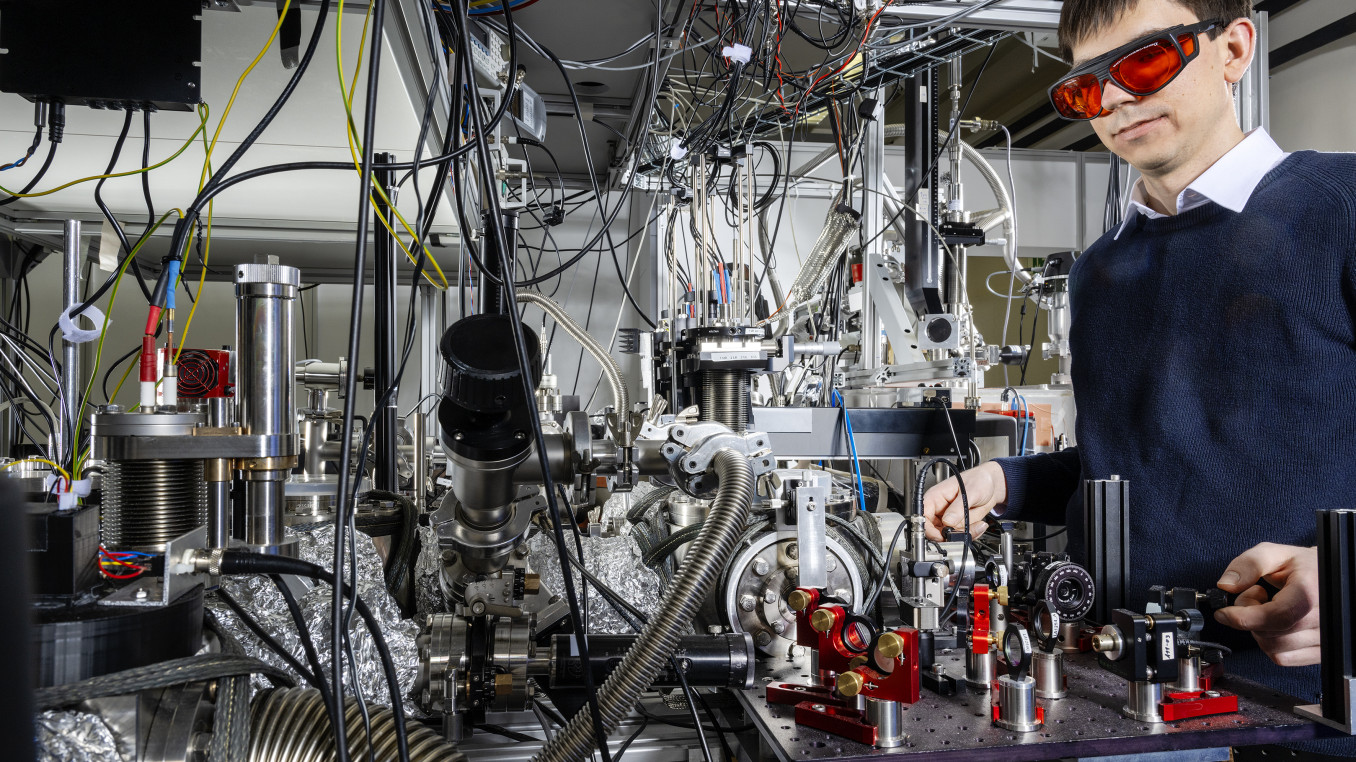Molecular Editing Revolution: Mark Levin's Pioneering Chemical Transformations
Breaking the Wall of Molecular Editing
Winner Interview 2024: Physical Sciences
Explore the groundbreaking research of Mark Levin, who is transforming the field of molecular editing. His work focuses on developing innovative reactions that allow scientists to modify existing molecules with unprecedented precision and efficiency. This advancement promises to revolutionise molecular design in areas such as medicinal chemistry, accelerating the development of new drugs and other critical applications.
Which wall does your research or project break?
The wall of "molecular editing," a movement that is in many ways a conceptual outgrowth of genetic editing - can we apply the same logic to any molecule? After all, genes are molecules! The motivation here is from fields that conduct molecular-level design, including medicinal chemstry. The design process is often quite rational - it involves iterative changes to a parent compound upon observation of each new candidate's properties. However, the syntheses of these compounds invariably resort to preparation of each new candidate "from scratch". This is because of a methodological gap - chemical reactions that match the design process are largely missing from the synthetic arsenal. My laboratory seeks to remedy this by developing reactions that enable direct interrogation of common design strategies. There are many analogies here that are ultimately imperfect, but one that always sticks with me is that when you go to draw a molecule in typical chemistry software, you can often hover your cursor over an atom and press a key on your keyboard to change one atom to another. Our aspiration is to do the same thing, but in a flask.
What are the three main goals of your research or project?
Molecular editing is a big field, because there are many aspects of molecules that you might want to edit. You can imagine building outward from the existing edges of the molecule, which involves precise C-H functionalization or functional group interconversion. Though these are older fields, there remain challenges that preclude doing this in complex, medicinally relevant scaffolds. Stereochemistry is another area of focus, with many researchers thinking about how to modify the relative and absolute 3D arrangement of substitutents. My laboratory works predominantly on the final sub-area of molecular editing, known as single-atom skeletal editing, because it remains in many ways the least well-developed and therefore the key to "breaking the wall" in a way that would actually enable end-user chemical designers to use these techniques. Within this space, the three major classes of reaction that we work on are deletions, insertions, and replacements (transmutations) - for any element that makes two bonds to non-terminal elements, you can imagine removing it, inserting it, or replacing it. The last is the most challenging and most impactful because it maintains the shape of the molecule and it is also the most challenging becaue the bond choreography is the most complex. We've made some important recent strides in reactions that replace carbon atoms with nitrogen, but much work remains to make it broadly applicable.
What advice would you give to young scientists or students interested in pursuing a career in research, or to your younger self starting in science?
I come from a family that no-so-subtly suggested a career in medicine, and I took the leap to instead follow my passion for organic chemistry, which I think has paid dividends. I've also had the great fortune to be able to follow my curiousity to all sorts of unusual places - our focus on molecular editing grew out of particular areas of reactivity that I found fascinating without any thought of practical application. Finally, I was lucky to find mentors that I get along with on a personal level as well as resonated with scientifically, and those relationships persisted even after I left their tutelage. It's a privilege to be able to follow your passion, follow your curiosity, and find mentors you like, but these are the things I most attribute to where I find myself today.
What inspired you to be in the profession you are today?
I fell in love with organic chemistry in the first class I took on the subject as a freshman undergraduate. The beauty of synthesis and mechanism have always captivated me.
What impact does your research or project have on society?
Any discipline that designs new molecules for specific jobs (most common in medicine but with impacts across many sectors) will be accelerated by our research.

